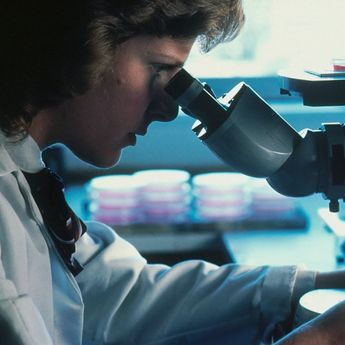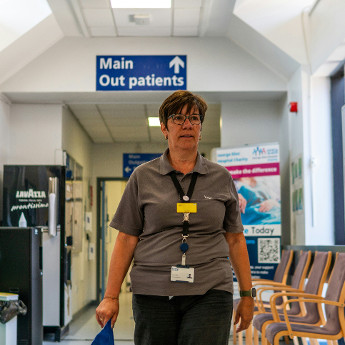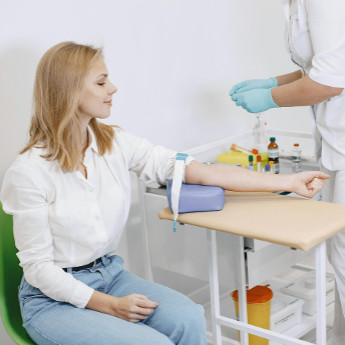By continuing to use our site, you consent to the processing of cookies, user data (location information, type and version of the OS, the type and version of the browser, the type of device and the resolution of its screen, the source of where the user came from, from which site or for what advertisement, language OS and Browser, which pages are opened and to which buttons the user presses, ip-address) for the purpose of site functioning, retargeting and statistical surveys and reviews. If you do not want your data to be processed, please leave the site.
The Voice of People With Breast Cancer
Education
Our Voices Blog
More Than Just a Lump
A lump is one of the most discussed symptoms of breast cancer. However, a lump, and the other well-known signs of breast cancer, are not always the first thing you may notice. You may not even realize what you’re looking at could be a symptom of breast cancer.
Navigating an Intimate Relationship: Avoiding a Communication Breakdown
For most couples, breast cancer is completely new territory, so it’s important for both of you to share how you’re feeling and coping. You can’t expect your partner to automatically understand what you’re going through, and the same goes the other way around. They might not know how to best support you, which is why being open about your emotions, needs, and worries can help you stay connected.
World Breast Cancer Research Day: A Legacy of Compassion for Breast Cancer Care
As we mark World Breast Cancer Research Day on August 18th, we honour the researchers, scientists, and geneticists around the world for their contributions in the advancement of care and research for breast cancer. Here, we focus on some of the people who have made significant differences in improving care.
Players in Healthcare: the Provincial & Territorial Governments
In the second part of our three-part blog series, we are taking a closer look at the role provincial and territorial governments play in healthcare. Spoiler alert, it is a big one!
To Work or Not to Work?
If you are still in the workforce when diagnosed with breast cancer, it is important to understand how it may affect this aspect of your life. Breast cancer is on the rise in women under the age of 50. You may have been diagnosed during a time when you were making meaningful progress in your career or reaching a major professional milestone. It can be a difficult choice to either stop working or continue on throughout your treatment.
Still Burning: Cancer-free but the Heartburn Won’t Quit
Only after being diagnosed with breast cancer and undergoing surgery and treatment did the burning in my throat and chest—the uncomfortable, dry and always-on-fire feeling of heartburn—become a constant in my life. Single-digit years now, cancer-free, I'm still carting a container of Tums in my black Lululemon Everywhere Belt Bag.
Players in Healthcare: The Federal Government
If you’ve ever wondered what role the federal government plays in your healthcare (especially after a breast cancer diagnosis), you’re not alone. Many people may be surprised to learn that while the federal government helps fund healthcare, it doesn’t directly provide hospital or doctor services. Still, it plays several important roles that can affect your treatment and care. Here’s a breakdown of what the federal government does do, how it can matter to you, and some ways you can get involved in advocacy.
Join the TCS Toronto Waterfront Marathon and Fundraise for CBCN
Are you ready to lace up your running shoes for a great cause? On October 18 and 19, 2025, thousands of participants will hit the streets for the TCS Toronto Waterfront Marathon, and this year, you can make every step count by fundraising for the Canadian Breast Cancer Network (CBCN)!
Familial vs Hereditary Breast Cancer: What’s the Difference?
About 5% to 10% of breast cancer cases are passed down through families. Sometimes, several people in a family may have breast or other types of cancer, even if no specific gene mutation is found. This is called familial breast cancer. Having a family history can raise your risk, but it doesn’t always mean the cancer is genetic.
The Emerging Roles of Circulating Tumour DNA and Liquid Biopsies
When going through breast cancer, you often hear about different kinds of tests like scans, biopsies, and blood work. One new kind of test that’s starting to gain attention uses ctDNA or circulating tumour DNA. You may also hear it called a liquid biopsy. But what is it? And how could it help in breast cancer care?













